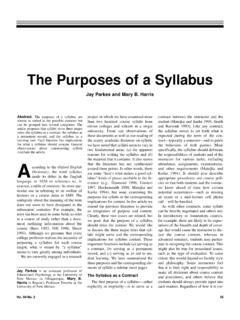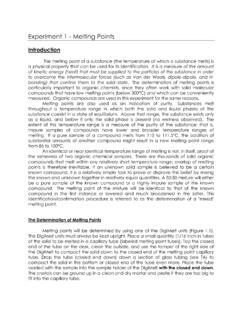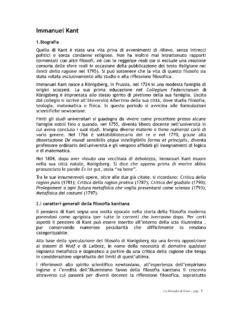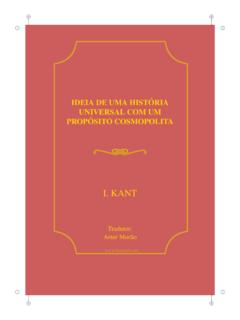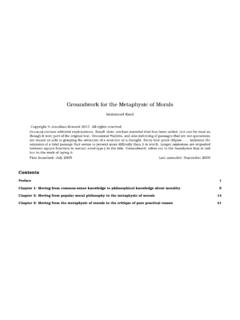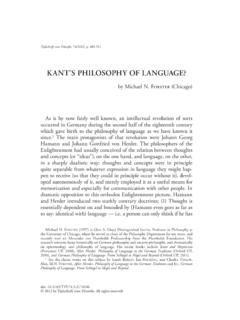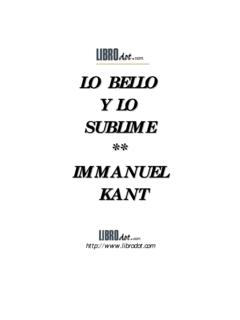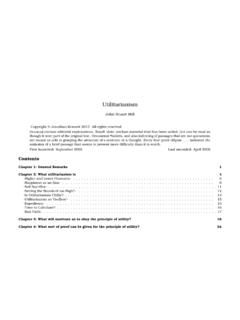Transcription of Utilitarianism versus Kant Case Three: Confidentiality
1 1 Utilitarianism versus Kant case three : Confidentiality by Linda S. Neff 1 Introduction Have you ever watched a group debate an ethical decision given a particular case study with several different variations to the story? It is fascinating to watch. Some of the individuals feel so strongly about being "right" they will argue until they get their point across. Others waffle and try to look at the situation from a variety of perspectives. Given a particular case Study based on terms of Confidentiality , this paper compares the basis of morality under two alternative ethical systems -- Utilitarianism and Kantianism.
2 We will explore the theory behind each ethical system, describe the facts of the case , and interpret a course of ethical action using both ethical systems, and the significance of this dilemma. I chose to examine the Utilitarianism and Kantianism ethical systems because at times they seem diabolically opposed based on the theoretical reasoning behind choosing a particular action. Yet, in many cases the chosen action is the same. For this particular case on Confidentiality , a personal relationship attempts to complicate how to determine the morally correct action. I explore this correlation by comparing Utilitarianism and Kantianism.
3 Utilitarianism uses a relatively straightforward cost-benefit analysis where the calculation is "indifferent to persons and relationships (Dombrowski 2000:248)." Consequently, when using a Utilitarian system to examine what ethical action is appropriate everyone is "on equal footing (Dombrowski 2000:248)." This is somewhat of a simplistic view of how individuals make decisions; however, it is a simple view that allows you to make a somewhat unbiased decision. A decision not based on "rank, status, wealth, race, gender, or personal relationship (Dombrowski 22000:248)." Similar to Utilitarianism , Kantianism would also negate the significance of any personal relationships.
4 The Kantian would do unto others, as they would consent to treating you. The one universal way to act should carry from person to person regardless of your personal relationship to that person. Let us explore the similarities and differences between these two ethical theories. Next, we will take a close look at the facts of one particular case Study where personal relationships do come into play. Then, we will compare how a Utilitarian and a Kantian might act and why. What motivates the decision-makers under each moral system? 2 Comparing Theory Theory: Utilitarianism Pleasure versus Pain: Utilitarianism is a somewhat general term for a variety of perspectives that all generally fall under the guise of this theoretical stance.
5 In any case , I will attempt to summarize the major theoretical viewpoints of this ethical system. For the most part, Utilitarianism recognizes two absolutes in the world: pain and pleasure. Moral law follows the Principle of Utility, in other words, what motivates human beings. They found that Good has priority over the Right (Justice) (Griffin 2005, personal communication) and they make ethical decisions by determining "the greatest useful goodness for the greatest number of people (Dombrowski 2000:54)." Good equals happiness (pleasure) and alternatively bad equals pain or displeasure and has no value.
6 Utilitarianism determines the right or correct action based on a formula that shows which action results in maximized good (happiness/pleasure). Maximized good takes into account all those individuals affected by the actions under consideration. Cost-Benefit Analysis: Utilitarianism simplifies moral law to a quantitative calculation that determines ethical choice: Total Pleasure - Total Pain = Total Utility (Griffin 2005: personal communication). Utilitarianism uses a cost-benefit analysis to decide whether we tell or do not tell. We determine what is ethically 3correct through an objective and quantitative measure of utilitarian goodness.
7 "measure it for the appropriate number of people, compare it to measures of ill effects for the remaining people, plug it all into an algorithm, and calculate the solution (Dombrowski 2000)." Utilitarianism , born out of the technological and scientific revolution, uses a scientific approach to ethics. Theoretically, Utilitarianism does not take into account whose happiness is at stake and the action with the highest total utility is the correct action. Theory: Kantianism Sense of Duty: A sense of duty is the guiding principle to Kantian theory. Ethics does not come from a higher authority nor does it rely on the individual to weigh the competing interests of the participants in an ethical dilemma.
8 Unlike Utilitarianism , Kant's ethical system represents a universal categorical imperative rule of ethics. The Categorical imperative is an expression of the moral law. The imperative is the correct, right, or good action taken in a particular situation. A categorical imperative "denotes an absolute, unconditional requirement that allows no exceptions, and is both required and justified as an end in itself, not as a means to some other end; the opposite of a hypothetical imperative ( )." In Kant's Groundwork of the Metaphysic of Morals, he outlines the Categorical Imperative in three different ways ( ): Universal Law formulation: "Act only according to that maxim by which you can at the same time will that it should become a universal law.
9 " Humanity or End in Itself formulation: "Act in such a way that you always treat humanity, whether in your own person or in the person of any other, never simply as a means, but always at the same time as an end." Kingdom of Ends formulation: "All maxims as proceeding from 4our own [hypothetical] making of law ought to harmonize with a possible kingdom of ends." Reason versus Happiness: Kantianism recognizes Reason, not happiness or pleasure, is the foundation of moral law. Reason is the faculty of humans, which enables us to choose the principle, or rule on which we act (Griffin 2005, personal communication).
10 The categorical imperative is an underlying moral system based on Reason, the integral link independent of a particular context -- it is universal. To understand the basis of morality (the existence of a moral law) you must look for it in the capacity for reason and not in the capacity for pleasure and pain. The very foundation of Kantianism is that you must treat people the way they would consent to you treating them the same way. Your act is universal with no contradictions. Kant considers immorality as the product of individuals trying to create a different standard for themselves compared to the rest of humanity.




